Notably, the Ministry of Home Affairs has issued a document requesting not to transfer universities serving the state management tasks of ministries, branches, and localities as well as key and specialized universities to the Ministry of Education and Training .
Regarding this issue, a reporter from the Government Electronic Newspaper had an interview with Dr. Tran Anh Tuan - Member of the Presidium of the Central Committee of the Vietnam Fatherland Front, Chairman of the Vietnam Association of Administrative Sciences .
Need to have the mindset "Whoever does it best should be assigned"
Sir, what is your assessment of the proposal not to transfer universities serving the state management tasks of ministries, branches, localities and key, specialized universities to the management of the Ministry of Education and Training?
Dr. Tran Anh Tuan : I completely agree with this proposal. Because currently, Vietnam is transforming from a state management model to a modern and effective national governance model.
In that context, the roles and functions of ministries and branches must also be fundamentally adjusted. Ministries and branches will have to shift their focus to performing tasks such as: building strategies, building laws, planning, policy making, macro management, etc. To perform these tasks well, it is necessary to have career organizations operating in science, innovation, and training and developing human resources to serve those tasks.
Along with that, organizing local government according to a 2-level model, promoting decentralization, delegation of power, and redistribution of authority between the Central and local levels, in the spirit of "local matters must be decided by local authorities, local actions, local responsibilities" are posing great demands and challenges on the capacity of the leadership and management team and the quality of human resources in localities.
Thus, localities will have to be more proactive and creative, strengthen their capacity for applied scientific research and especially be autonomous in developing human resources on the spot, in accordance with their own conditions, potentials and development orientations.
Senior leaders of the Party and State have repeatedly emphasized the need to resolutely abandon the mindset of "managing without knowing" and replace it with the mindset of "Whoever does it best should be assigned".
Many studies as well as practices have shown that only ministries, branches and localities can know and determine the training of human resources according to the requirements of state management and national governance tasks in each industry, each field or each locality. Only when they know clearly can they direct, assign tasks, inspect, evaluate or even "order" affiliated universities to carry out. This is especially important for key and specialized schools - places that provide high-quality human resources not only for industries, fields and localities but also for the non-public sector.
Therefore, not transferring these schools to the Ministry of Education and Training is completely correct. The Ministry of Education and Training should only focus on performing the state management function of education and training, researching and formulating policies, especially policies for teachers in the public and non-public sectors, strongly innovating the university autonomy mechanism, improving training quality; building tools to evaluate and improve training quality, inspecting training activities...
Some people say that transferring these universities to the Ministry of Education and Training will help unify the management of higher education. What do you think?
Dr. Tran Anh Tuan : This idea is probably suitable for the previous period when the centralized planning mechanism was still in place, graduates were assigned jobs by the Ministry of Education and Training, and training was not linked to the needs of state management, national governance, or the supply-demand mechanism of the market.
But now, we are implementing a revolution to streamline the organizational apparatus to achieve the goal of being lean, compact, strong, effective, efficient, and effective. The organization and operating mechanism of the Government and local authorities need to continue to change to suit the market economy.
As I said above, currently, to perform well the functions of each ministry and branch, in addition to the advisory organizations for building strategies, policy making, planning, macro management, etc., each ministry cannot lack organizations serving the task of state management through specialized scientific research, training specialized human resources, building specialized databases, etc.
Similarly, with the uneven level of socio-economic development between localities and regions, there is a great need for regional universities or local universities to train human resources to provide human resources for localities, suitable to the specific characteristics of the region, serving local development, ensuring harmonious development between mountainous areas, remote areas, and disadvantaged areas...
Therefore, if universities training to serve state management are transferred to the Ministry of Education and Training, it will affect the response to real needs as well as the quality of human resource development for specialized, specialized, and specific fields in ministries, branches, localities, and larger areas, and will affect the country's development in the new era.
Assign the right person to the right job to improve the quality of human resources
In your opinion, how does allowing ministries, branches and localities to continue managing universities affect the goals of university autonomy and improving training quality - important goals that the education sector is aiming for?
Dr. Tran Anh Tuan : I think that this not only does not have negative effects, but on the contrary, it can also create positive impacts, directly creating stronger motivation for the process of implementing university autonomy and improving training quality.
First of all, we need to unify the perception that university autonomy and improving training quality are two parallel goals, an inevitable requirement of the process of innovation, modernization and internationalization of higher education. This issue has been clearly defined and increasingly improved in the Law on Higher Education (amended in 2018).
Universities need to be autonomous in determining their goals and choosing how to achieve them according to the law in terms of: organization, human resources, finance, training, research, international cooperation and quality of higher education. Only when they are truly autonomous can universities fulfill their core mission of training high-quality human resources to meet social needs.
The implementation of university autonomy will be closely linked to the task of serving state management in a specific, practical direction and linked to practical requirements, with the development goals of the industry, field or local development requirements. From there, university autonomy will be more substantial - especially professional autonomy - linking training with the human resource needs of ministries, branches or localities and more broadly linking training with the market, with the needs of businesses; actively participating in innovation of the industry, field at the ministry or at the local level.
Of course, ministries, branches and localities still need to coordinate very closely, regularly and effectively with the Ministry of Education and Training to ensure the strategic, comprehensive and unified nature of human resource training nationwide, while ensuring the implementation of general state policies on teaching staff, standards on programs, textbooks, quality assessment regulations, etc.
So how do you evaluate the role of universities under ministries, branches and localities in training specialized human resources?
Dr. Tran Anh Tuan : Human resource development, especially high-quality human resources, is identified as one of three strategic breakthroughs for the country to develop rapidly and sustainably.
However, the quality of training has not met market requirements. Key economic sectors such as information technology, logistics, biotechnology, supply chain management, etc. show signs of human resource shortage.
In the current context and requirements, universities serving state management of ministries, branches and localities play a very important role in training to serve state management in specialized fields such as law, justice, economics, finance, technology, military, police... especially emerging industries.
With these university training facilities, ministries, branches and localities can assign tasks, "order" or directly direct the development of human resources as expected, serving policy making, law making, innovation, force building, implementation of industry development policies, local development...
Of course, there must be a strong change in thinking in the direction: Training must be linked to the market, linked to the needs of serving state management, and national governance. Training plans must be linked to forecasts of the market's supply-demand mechanism, linked to planning, economic development, and social security. In that plan, attention must be paid to encouraging the "ordering" mechanism of the State and enterprises.
Clearly distinguish the state management function from direct management, to say goodbye to "both playing football and blowing the whistle"
In your opinion, what policies and mechanisms are needed to ensure effective coordination between the Ministry of Education and Training and ministries, branches and localities in developing the university education system?
Dr. Tran Anh Tuan : Coordination is one of the factors that create the effectiveness and efficiency of the operations of agencies and organizations, so it is very important and necessary. To coordinate effectively, it is necessary to clearly and specifically define the tasks, powers and responsibilities of the Ministry of Education and Training, as well as the tasks, powers and responsibilities of ministries and localities to say goodbye to the mindset of "both playing football and blowing the whistle", promoting the development of the university education system as well as training human resources, especially high-quality, specialized human resources.
I would like to propose some solutions as follows. Firstly, in terms of institutions, it is necessary to amend, supplement and merge 3 laws: Law on Education, Law on Higher Education, Law on Vocational Education into one Law, the Law on Education and Training. To innovate and improve the quality of law-making, each field should have only one law to regulate, avoiding many overlapping and duplicate laws.
There should be clear regulations that the Ministry of Education and Training performs the function of state management of education and training, not directly managing universities, especially universities that train to serve state management tasks. What are the tasks and powers of state management functions?
Clearly define the tasks and powers of ministries, branches and localities in directly managing universities that train human resources to serve state management tasks by industry, by field or to serve local development.
Issue a coordination regulation between the Ministry of Education and Training and ministries, branches and localities in developing the university education system, strongly promoting university autonomy, improving the quality of human resource training, especially specialized human resources, to serve key tasks.
Promote university autonomy according to the provisions of the Law on Higher Education. Educational and training institutions must consider university autonomy as a goal and key task in school governance and use it as a foundation and driving force to improve the quality of human resource training.
Thank you very much!
Source: https://phunuvietnam.vn/xung-quanh-de-xuat-chuyen-cac-truong-dai-hoc-cua-bo-nganh-ve-bo-gddt-ai-lam-tot-nhat-thi-giao-20250518155452871.htm






![[Photo] 60th Anniversary of the Founding of the Vietnam Association of Photographic Artists](/_next/image?url=https%3A%2F%2Fvphoto.vietnam.vn%2Fthumb%2F1200x675%2Fvietnam%2Fresource%2FIMAGE%2F2025%2F12%2F05%2F1764935864512_a1-bnd-0841-9740-jpg.webp&w=3840&q=75)
![[Photo] National Assembly Chairman Tran Thanh Man attends the VinFuture 2025 Award Ceremony](/_next/image?url=https%3A%2F%2Fvphoto.vietnam.vn%2Fthumb%2F1200x675%2Fvietnam%2Fresource%2FIMAGE%2F2025%2F12%2F05%2F1764951162416_2628509768338816493-6995-jpg.webp&w=3840&q=75)















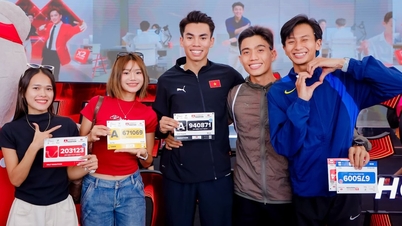
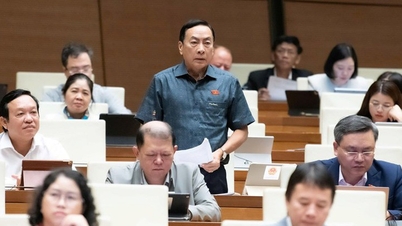
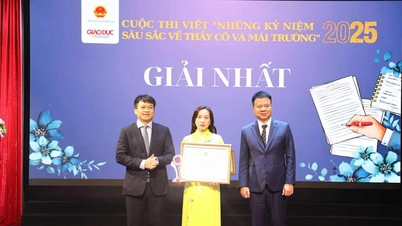
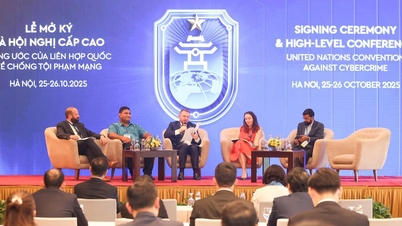
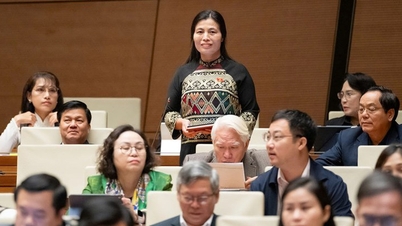








































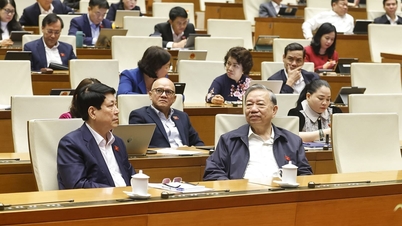







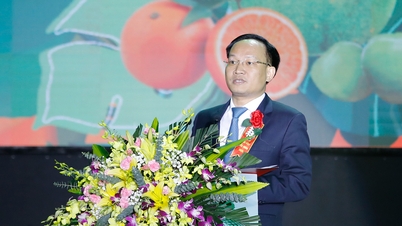




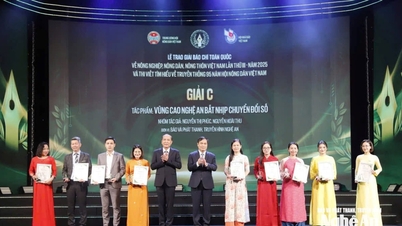



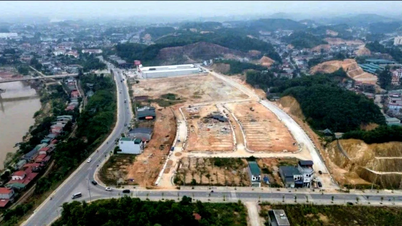










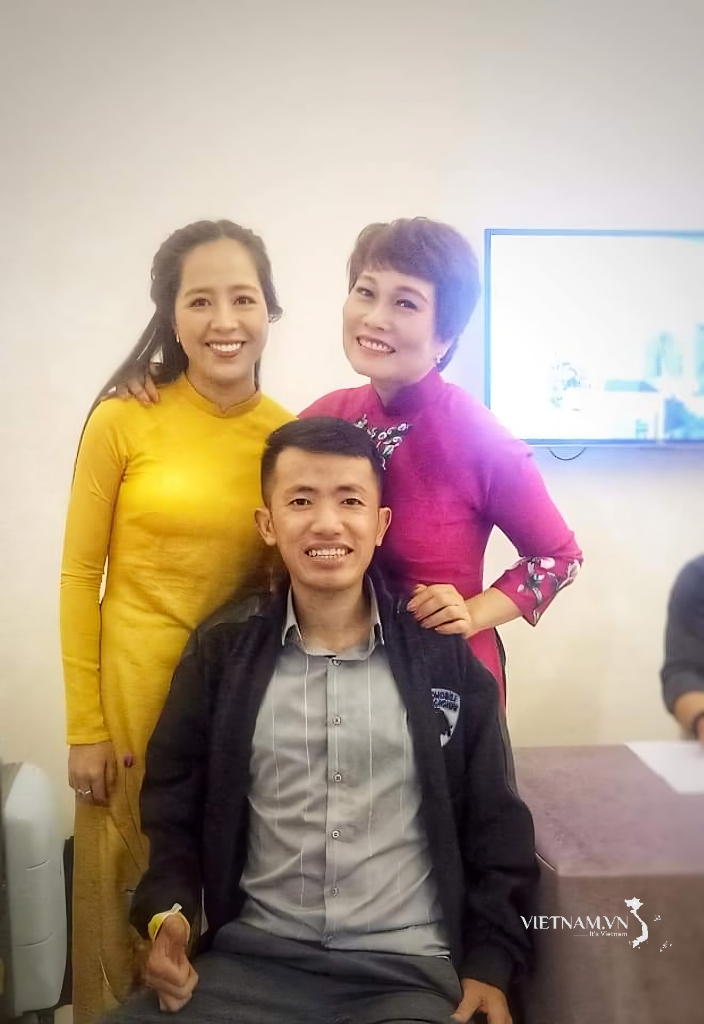







Comment (0)